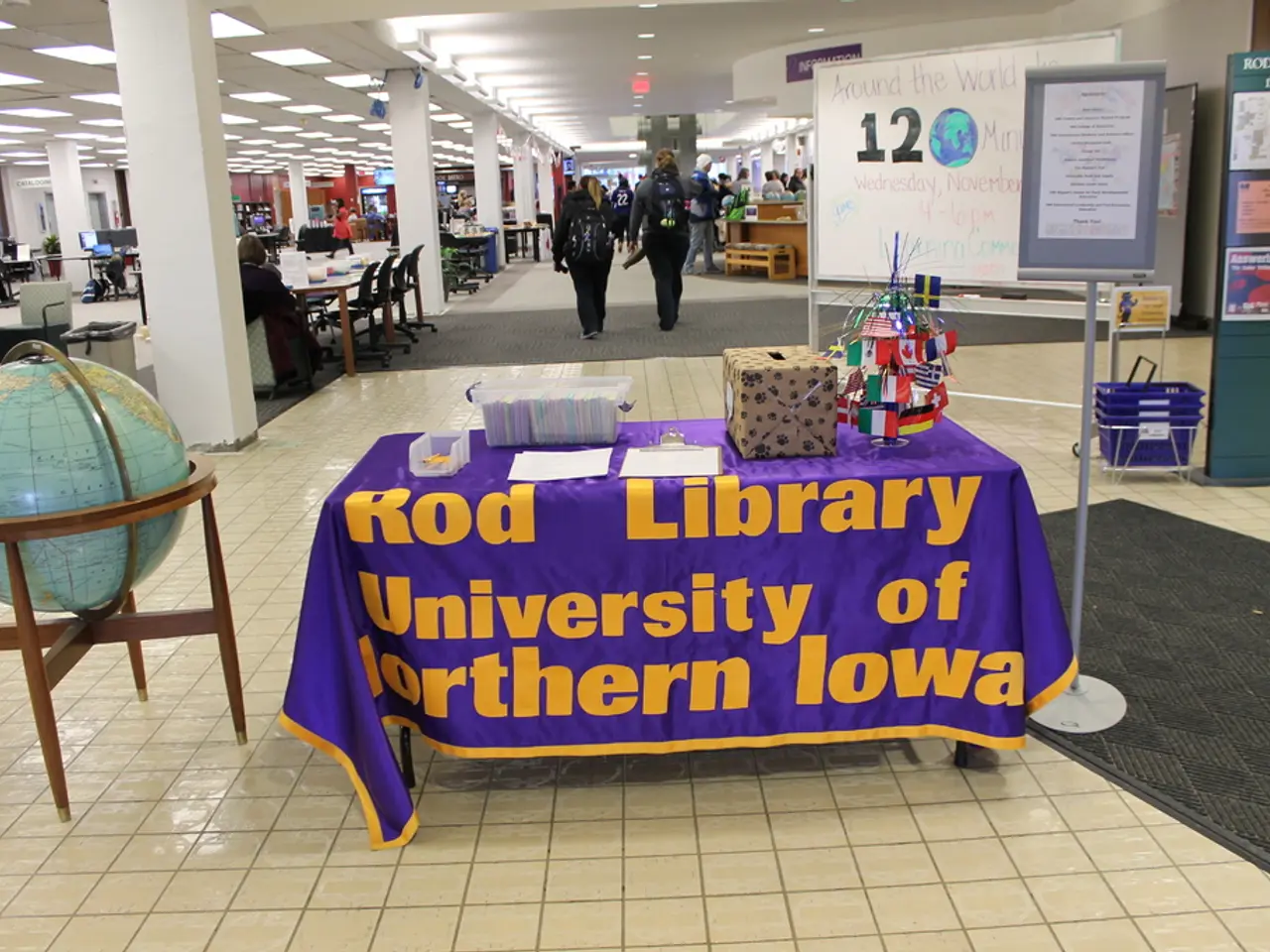Precarious Academic Position: Inadequate Oversight and Potential Instability
In the heart of Paris, where culture and history intertwine with every cobblestone, the guide-conférencier profession has long been a familiar face to tourists. However, the landscape of this profession has undergone a significant shift in recent years, with the rise of unregulated "free tours" causing concern among licensed professionals.
The law passed in 2016 aimed to professionalize the guide-conférencier profession, but paradoxically, it has strengthened access conditions, making the profession more precarious, according to Frédéric Hocquard, the deputy in charge of tourism and nightlife.
The guide-conférencier profession is considered precarious, with approximately 10,000 holders of the guide-conférencier card in France. Yet, most tour guides work without a defined status, leading to difficulties in controlling all guides without an official card in Paris. Hocquard laments this situation, expressing regret for a "precarious" profession.
Since 2016, there has been a notable increase in unregulated or "free tours" in France, particularly in major cities like Paris. These tours, which operate as tip-based walking tours without formal licensing or regulation, have introduced competition for professional licensed tour guides. While regulated guides charge fixed fees and have verified expertise and access, free tours attract tourists with the appeal of low upfront costs, relying on voluntary tips.
This competition has led to several impacts. Professional guides face decreased bookings or pressure to reduce prices to compete with free tours that appear more budget-friendly to tourists. There are also concerns about inconsistent quality, inaccurate information, and lack of adherence to local tourism regulations, potentially undermining the professional standards upheld by licensed guides.
Despite free tours' growth, many travelers still seek the expertise and reliability of professional guides for a comprehensive experience, as seen in reviews appreciating knowledgeable, licensed guides who enhance cultural and historical understanding.
The trend has prompted local tourism authorities in France to consider stricter regulations and enforcement to protect licensed professionals and maintain tourism quality, though enforcement varies by city and is ongoing.
The supply of tour guides in France is constantly increasing, but the issued cards do not match this increase. This discrepancy, coupled with the rise of unregulated tours, has created a challenging environment for licensed tour guides.
In an effort to adapt, many tour guides in France offer diverse experiences, including politicized tours. One such example can be found on the international site Get Your Guide, which offers nearly 5,300 offers in France, including a "haunted guided tour of Père Lachaise" and "singing Montmartre with a diva."
However, anyone can guide and charge whatever they want near the Eiffel Tower, while it's impossible to enter Versailles without a guide-conférencier card. This inconsistency in regulations adds to the complexity of the situation.
As the landscape of the guide-conférencier profession continues to evolve, it is clear that the competition between unregulated tip-based "free tours" and professional licensed guides has intensified since 2016, affecting the livelihoods and recognition of official tour guides in France.
- Amidst the growth of unregulated "free tours," some tour guides in France have expanded their offerings to include unique lifestyle experiences, such as politicized tours and singing tours, as a means to stand out in the competition.
- In the realm of home-and-garden and travel, the shifting landscape of the guide-conférencier profession in Paris, as a result of the rise of unregulated "free tours," has made the profession more challenging and precarious, particularly for licensed guides.




